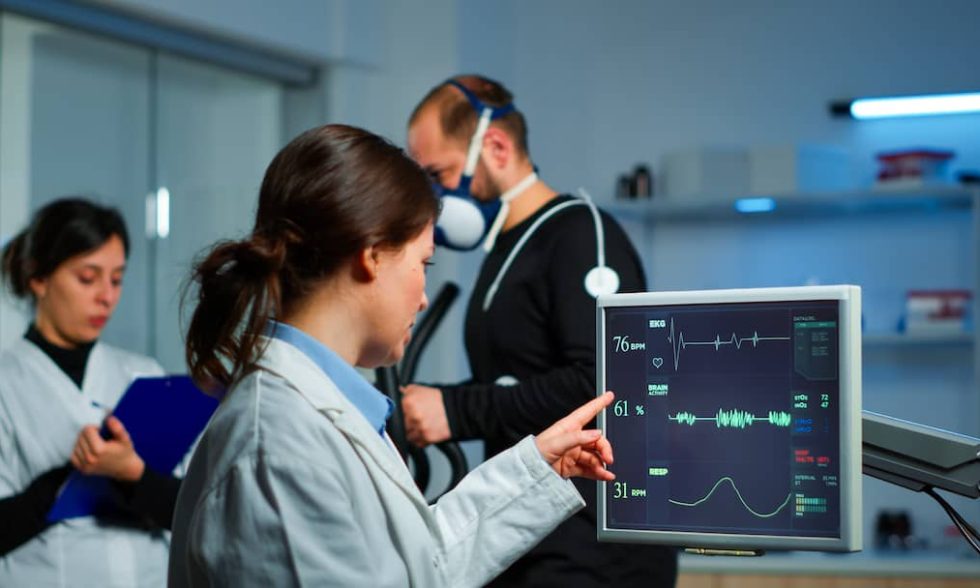A groundbreaking study has revealed that artificial intelligence (AI) can predict the risk of heart failure with unprecedented accuracy, revolutionizing the potential for early diagnosis and intervention. Researchers at a leading medical institute trained a machine learning model on data from over 500,000 patients, including clinical metrics, imaging data, and genetic information. The AI system demonstrated the ability to identify subtle patterns in the data that are undetectable by human clinicians, accurately forecasting the likelihood of heart failure within five years for individuals at varying levels of risk. This breakthrough could transform cardiovascular care by enabling personalized prevention strategies and reducing the global burden of heart failure, which affects millions worldwide.
Dr. Nancy Correa, the lead investigator, emphasized the potential impact of the findings: “By integrating AI into routine clinical workflows, we can pinpoint high-risk patients much earlier and tailor treatments to their unique needs, potentially preventing the onset of heart failure altogether.” The study also highlighted the importance of diverse and inclusive datasets to ensure the model’s accuracy across different populations. While the results are promising, experts caution that further validation in real-world settings is necessary before widespread adoption. Nevertheless, this development marks a significant step toward harnessing AI to combat one of the leading causes of death and disability globally.


